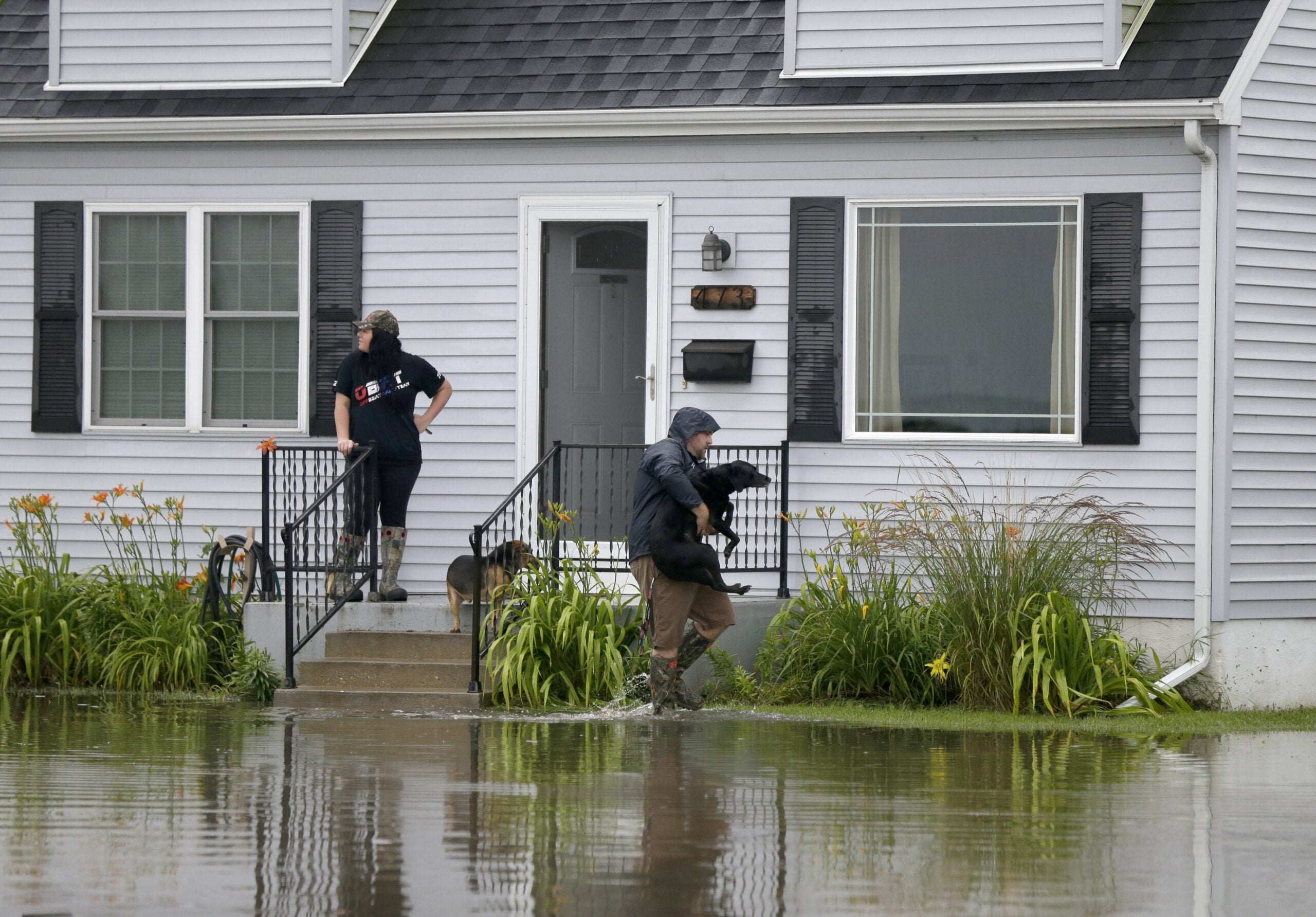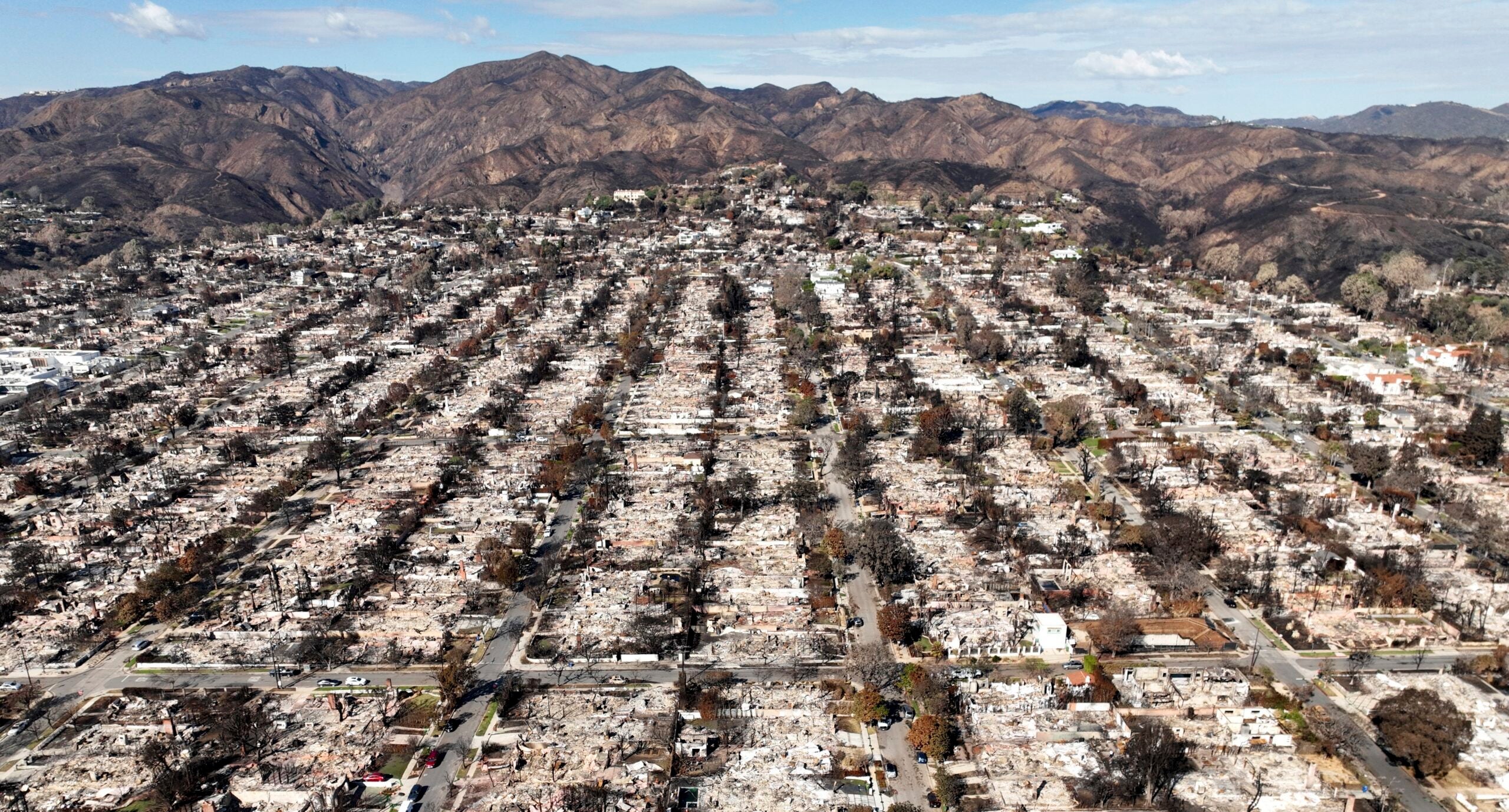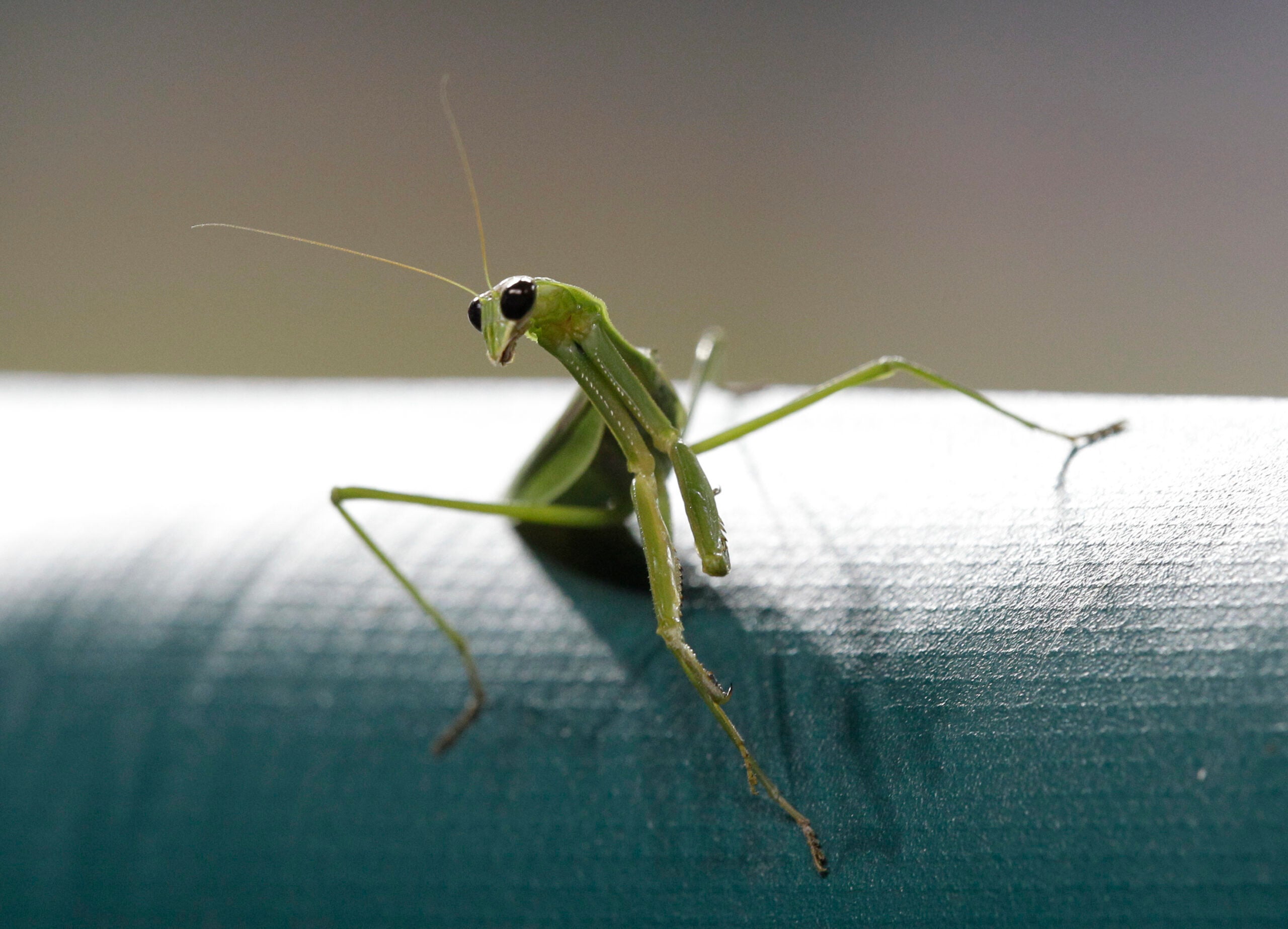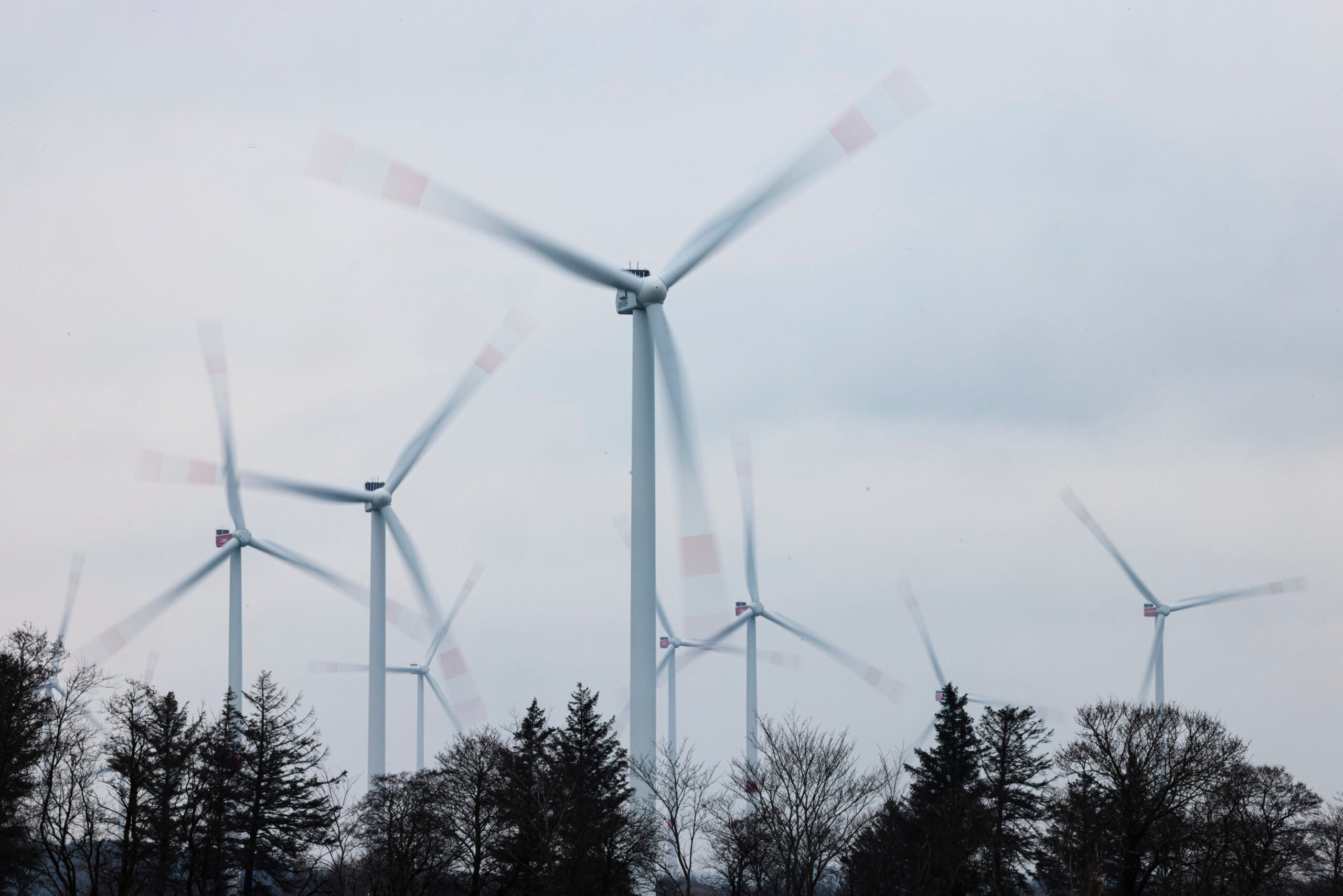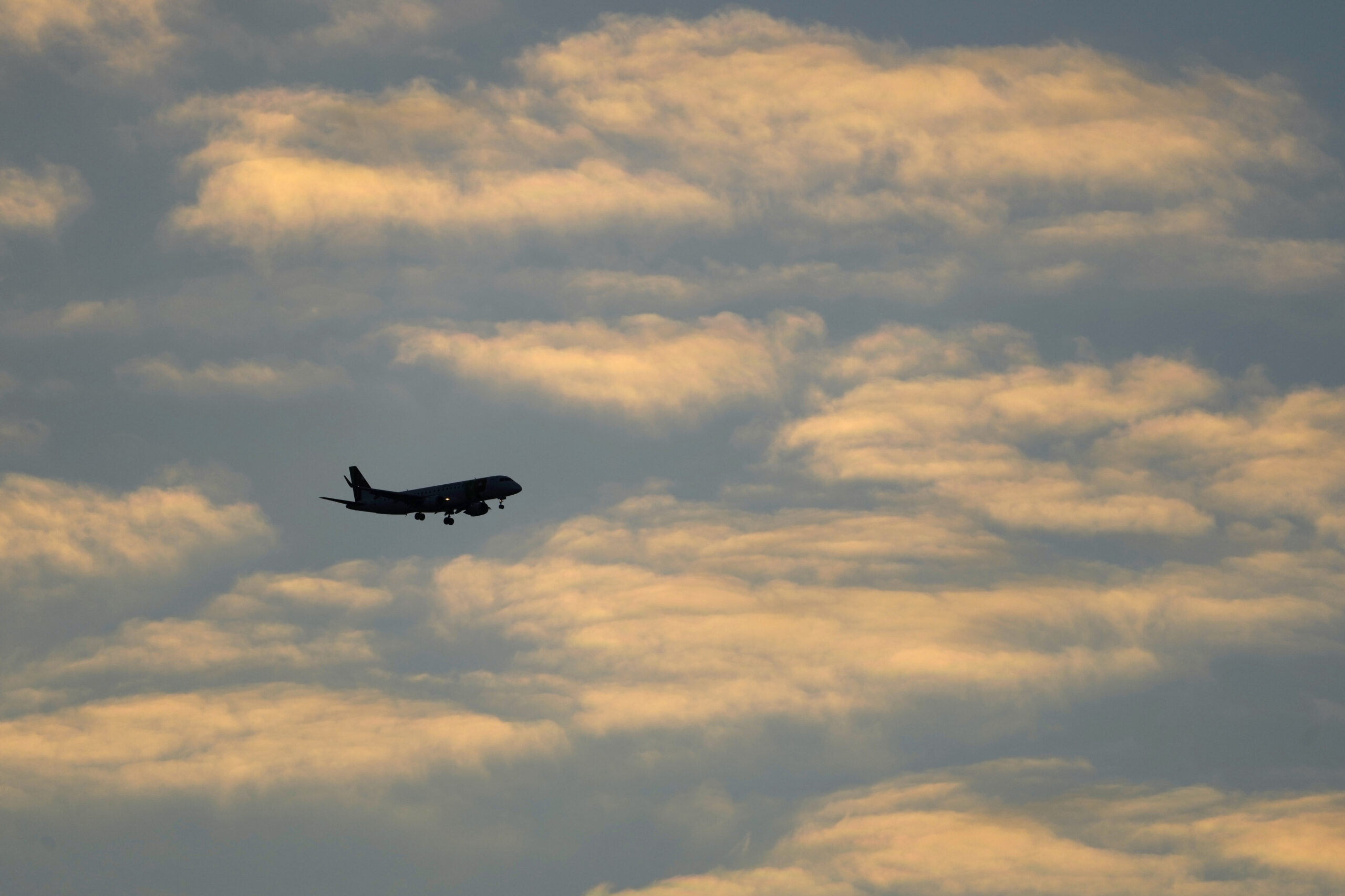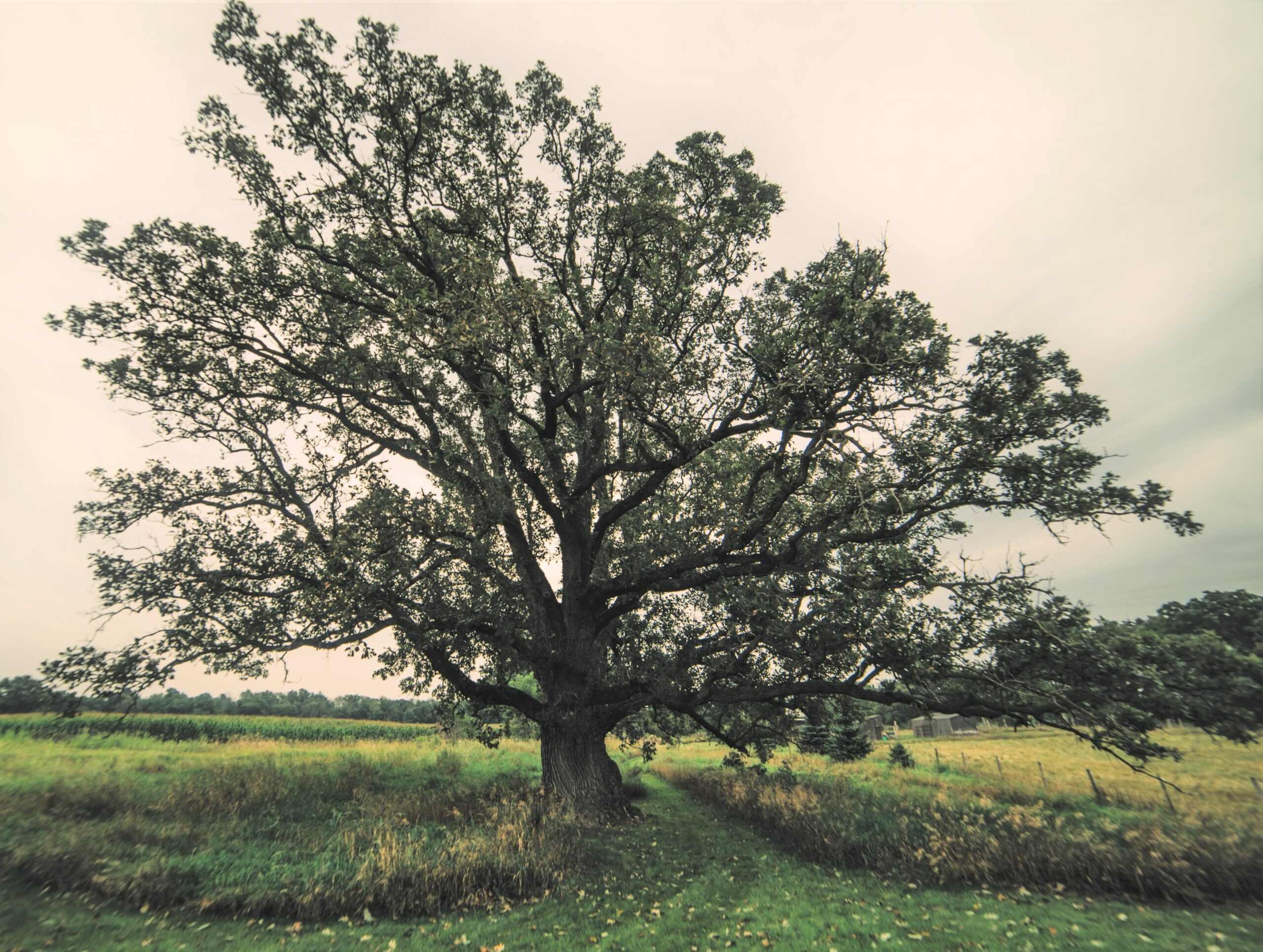Climate Change
-
Is Wisconsin actually a ‘climate haven’ for those fleeing natural disasters?
Where do people move when they’re displaced by climate-fueled natural disasters? A climate journalist joins WPR’s “Wisconsin Today” to explain what people get wrong about “climate havens.”
-
Northern Wisconsin venue looks to restructure after years of financial setbacks
Warm winters and rising performance costs are driving Ashwabay Alliance to restructure operations this year.
-
Resilience or recklessness? The risks of rebuilding where disaster strikes
Urban planner Brian Stone Jr. is the author of “Radical Adaptation: Transforming Cities for a Climate Changed World.”
-
Wisconsin tribes, nonprofits and municipalities awarded $4M to preserve urban forests
The state DNR has distributed $4 million to tribes, municipalities and nonprofit organizations in Wisconsin to improve air quality and urban reforestation efforts.
-
Praying mantis sightings spiked this fall in Wisconsin
PJ Liesch, manager of the University of Wisconsin-Madison Insect Diagnostic Lab, told Larry Meiller recently that this is the best year he can recall for praying mantid sightings.
-
Wool in the garden? 2 Wisconsin women sell ‘Woollets’ as a sustainable way to treat soil
Karen Mayhew and Elaine Becker joined “The Larry Meiller Show” to talk about the benefits of using wool to enhance soil.
-
Climate advocate in southwest Wisconsin remains hopeful
The executive director of Our Climate Alliance in La Crosse says tools already exist that could help reduce the impact of climate change around the world.
-
How to find help beating the heat
By calling 211, people can find resources to deal with heat waves, help pay utility bills and find places to stay cool.
-
What turbulence looks like from the pilot’s cabin
Severe turbulence is increasing, making airline travel less comfortable. A Chicago-based pilot says flying remains safe. But he urges passengers to wear their seatbelts and the federal government to do a better job of overseeing plane inspections.
-
Wisconsin has a tool to combat disease endangering oaks
The Wisconsin Department of Natural Resources and the University of Wisconsin-Madison developed the tool in 2021 to prevent oak wilt advancement in a time of unpredictable weather.
